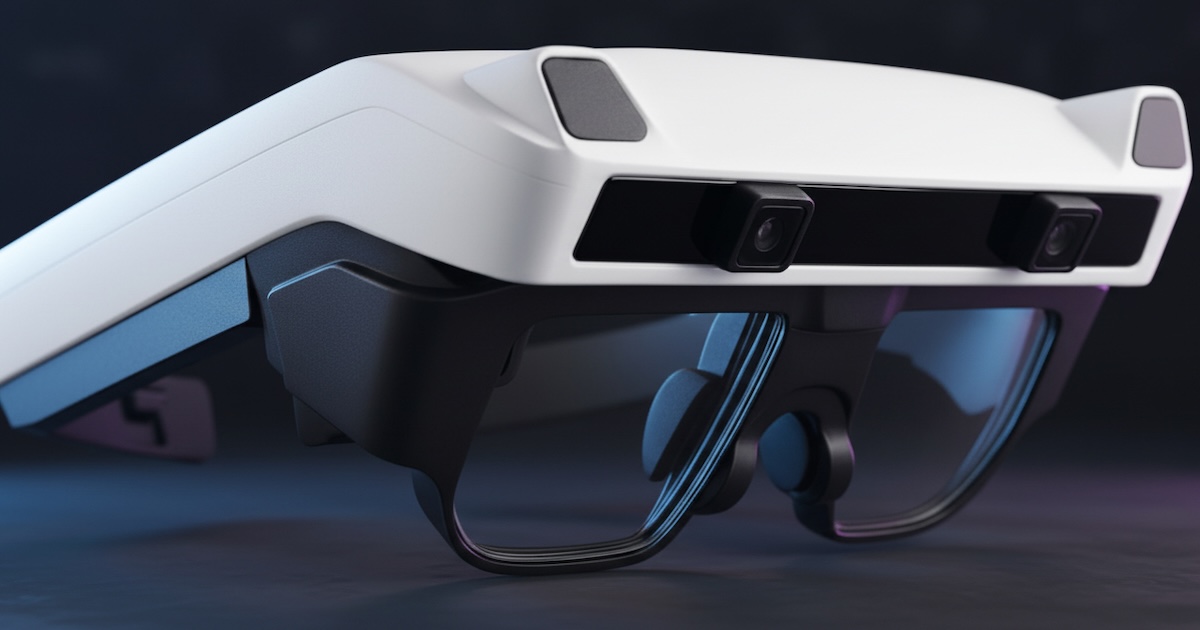mHealth app challenges are all the rage these days, with everyone from the federal government to healthcare providers getting into the act. Many contests focus on creating a better pathway between the consumer and a healthcare provider, often creating an easier method for the consumer to access healthcare information.
Box, a Silicon Valley-based technology vendor, recently teamed up with Dignity Health, one of the nation's largest health systems, to hold a health patient education app challenge. The winner, among some 150 entrants, was WellVU, the developer of a cloud-based patient engagement platform that enables a physician to prescribe educational content to a patient.
While the contest offered a veritable treasure trove of cool new app ideas for mHealth, it also offered a few lessons for those planning on developing apps. In a recent blog, Missy Krasner, managing director of Box's healthcare and life sciences division, offered six "lessons learned" from the contest for future developers:
- Personalize content to the patient. While generic content might offer adequate information, Krasner says, it doesn't engage a patient as much as something that directly address a problem of condition.
- Remember that the provider is viewed as a trusted source. Users will trust content that comes from a treating doctor or nurse educator, says Krasner, so present that source wisely. Also, more people will access content if they have the option to send questions to their care teams via secure messaging.
- Get to the point. The normal app is only engaging to the user for two to four minutes, says Krasner, so don't dawdle around. Use native mobile apps, SMS texting, IVR voice calling, web and video to grab the user's attention. Make it all engaging and interesting.
- Develop the solution with daily workflow in mind. It's vital to work an app into one's daily workflow, Krasner says, to prevent it from becoming a distraction. Include patient and provider dashboards when possible. And remember that providers and their staff need to have a good mechanism to deliver and personalize content – that can sometimes be more important than the content itself.
- Align incentives. If doctors aren't incentivized to communicate with their patients, Krasner warns, the patients won't be engaged, either. When developing longer-term patient education apps, think about how doctors can bill for this content.
- Be clear about who your customer is. Know who you're marketing the app to, says Krasner, and develop the product with the end-user in mind. Yes, you're dealing with patients, doctors, office staff and discharge nurses, but you also need to remember who'll be paying for this solution.
For winning he contest, WellVU, which is based in Portland, Ore., received a $100,000 convertible note, which can be exchanged for equal cash value, one month of office space and free mentorship from The Social+Capital Partnership. The app will also be featured in the Box Apps Marketplace, and WellVu will receive marketing and sales support from Box and have the opportunity to discuss piloting the app with Dignity Health.
Five other contestants were named semi-finalists: Wellbe, of Madison, Wis.; New York City-based CirrusHealth; GenieMD of Pleasanton, Calif.; Lyfechannel of San Carlos, Calif.; and Conversa Health of San Francisco.
The contest was judged by former U.S. Chief Technology Officer Aneesh Chopra; Box CEO Aaron Levie; Richard Roth, Dignity Health's vice president of strategic innovation; and Ted Maidenberg, a general partner with Social+Capital.


